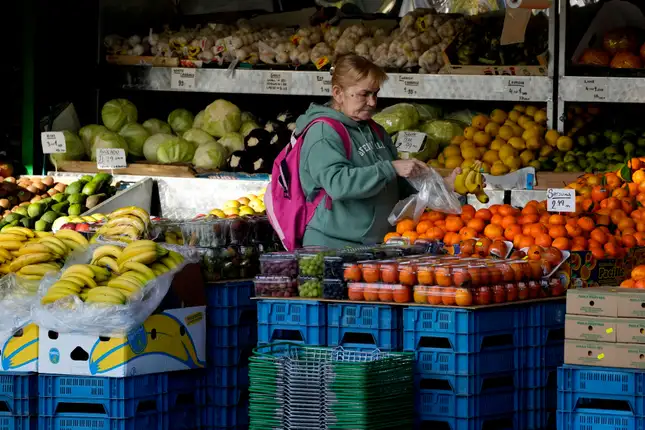Inflation in the UK reached its lowest level in two and a half years in March, driven by a further decrease in food prices, according to official figures released Wednesday by the Office for National Statistics (ONS). Consumer prices rose by 3.2% in the year to March, down from 3.4% in February, marking the lowest level since September 2021.
While the drop in the annual rate of inflation was not as significant as anticipated—economists had predicted a reading of 3.1% for the month—the trend indicates a clear direction. Inflation surged to over 11% at the end of 2022 following Russia’s invasion of Ukraine, which triggered sharp increases in energy costs.
With inflation expected to decline further in April, possibly dropping below 2% due to substantially lower domestic energy bills, economists speculate that policymakers at the Bank of England may consider an interest rate cut in the coming months. However, some of the nine policymakers have cautioned that the battle against inflation is far from over, anticipating a resurgence in prices in the latter half of the year.
The Bank of England, following the lead of the US Federal Reserve and other central banks globally, raised interest rates significantly in late 2021 to counteract price hikes initially driven by supply chain disruptions during the COVID-19 pandemic and exacerbated by the conflict in Ukraine.
The Conservative Party, currently in power since 2010, hopes that the combination of lower inflation and declining interest rates could create a positive sentiment among voters ahead of the upcoming general election, slated to take place by January 2025. However, opinion polls indicate a significant lead for the main opposition Labour Party, suggesting a potential shift in power.






